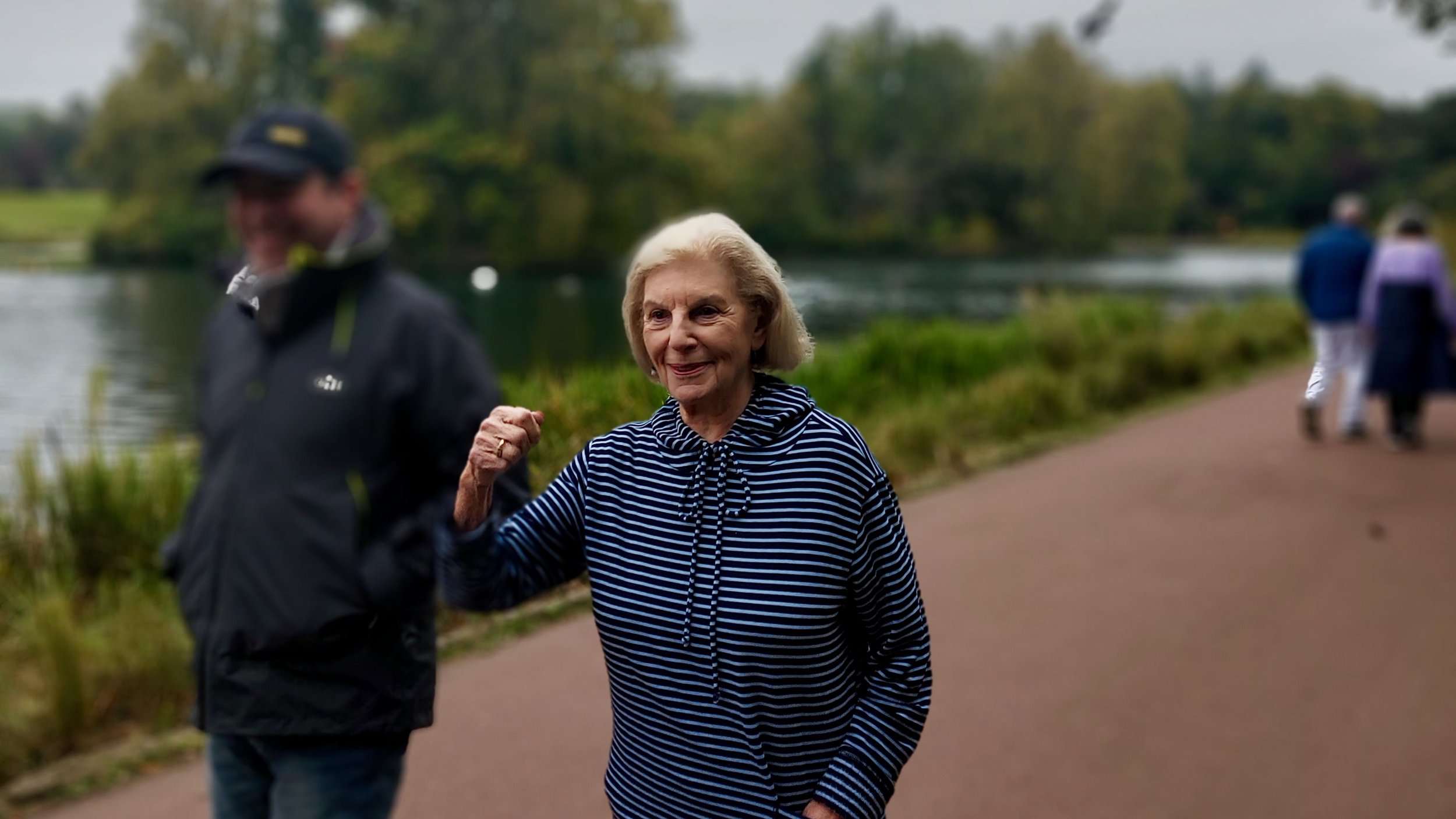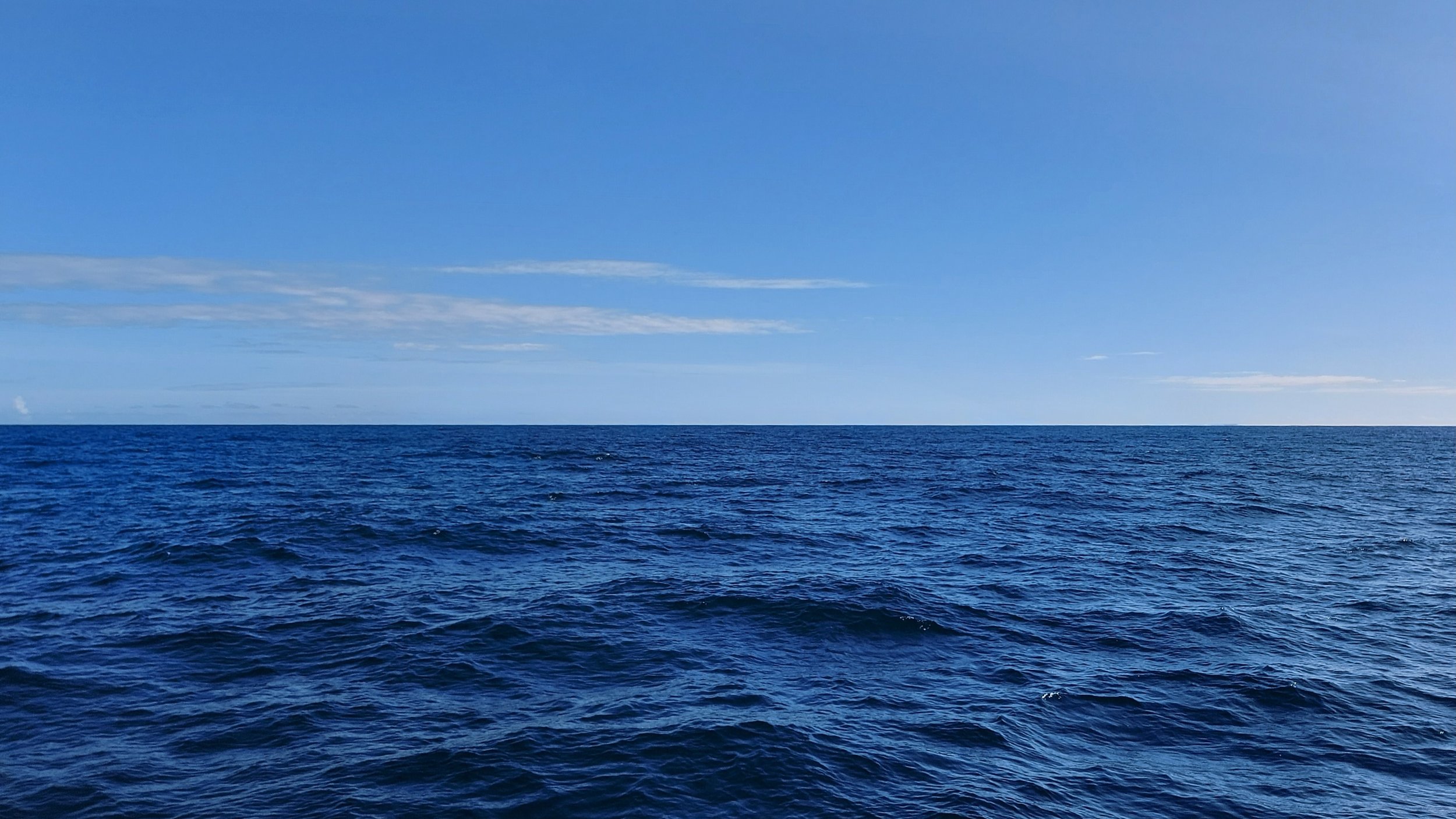It’s like rain on your wedding day

Day 7 : Azores to Ireland
24th May, 2022
“It’s like rain on your wedding day” – so sang Canadian songstress Alanis Morissette on her much mocked song “Ironic” from the 1995 album, Jagged Little Pill - probably the best relationship breakup rock album of all time (Rumours by Fleetwood Mac is of course a much better album musically, but doesn’t contain nearly the same amount of vitriol or wailing, which loses it marks in the jilted rock category in my book).
It’s still a great song, however.
The song was mocked, of course, because the lyrics consisted almost entirely of Morissette’s definitions of the word irony, most of which, somewhat ironically, were completely incorrect. They were simply bad luck, or coincidence, or words that rhymed with the previous stanza. When questioned on it, she claimed they were deliberately wrong, and she was merely being ironic about irony. If it was any more meta, they’d have named Facebook after it.
What WAS ironic, yesterday, though, was that as I was writing my blog post about “A good Day on the Water”, and how wonderful the conditions had been on Day 6, Day 7 was actually turning into a bit of a shocker. As I typed, I was struggling to balance the laptop on my knees, so violently were we being thrown around by the waves. As I wrote about sunshine and blue skies, it was belting down with rain. And as you were reading about the fancy things we had for breakfast, lunch and dinner the previous day, Jen and I were discussing what we could possibly throw together for lunch with the least amount of effort and time in the galley – even crackers were out as they are “too slidy” and won’t stay on the plate in those conditions long enough to put anything on them!
I’d say I jinxed us by writing about our good day, were it not for the fact that the crappy conditions had already started. It only increased my gratitude for the good day we’d had the day before though, which is why it become the topic of the blog.
There wasn’t much gratitude swilling around on Day 7, though, other than Jen’s unspoken thanks for me not singing out loud Alanis’s song, which was reverberating around my head like an insidious ear worm.
The conditions were not that different from the forecast – 25 knots gusting occasionally to 30, with 2.5 metre seas (the largest of which, as the weather forecast always warns you, were up to 40% higher than that).
Having the wind and waves directly on the beam was part of the problem – we were being incessantly rolled.
But the bigger difference I believe is a phenomenon that someone casually mentioned to us a while back, and I noted it but didn’t really pay attention. Yesterday, their words came back to me, though.
They said that wind in the higher latitudes is much more powerful for the same measured strength, than it is nearer the equator. The theory is that the air molecules are denser closer to the poles, and so 25 knots of wind has more power up here near 50 degrees North, than it would have in the Tropics. When they said it, I figured it kind of made sense, but dismissed it as a curiosity.
By yesterday, though I was ready to agree 100%. This didn’t feel like the 25 knots we’ve experienced hundreds of times before. And while I did grow up sailing in Scotland in these types of winds, I didn’t have anything back then to compare it with.
Ah well, “You Learn”(as Alanis also sang about).
Something else “You oughta know” is that this is not just a random person’s theory – it’s none other than Australian solo sailing legend Lisa Blair’s theory. And SHE oughta know – she’s currently nearing the end of her second attempt to beat the world record for solo circumnavigation of Antarctica. Her first attempt ended in a dismasting 500 miles south of Cape Town – we met her when she was giving a presentation on that and her survival techniques in Sydney the following year which is when she mentioned her theory.
We were in awe of her then, and continue to be even more so now – it looks like she’s going to smash the record.
Writing about Lisa made me realise that I had omitted to mention another of the real highlights of our time in Horta in the Azores, which was meeting two other famous female solo circumnavigators.
The first of those was Laura Dekker, who became the youngest person to sail solo around the world 15 years ago at just 14 years of age. She has since gone on to start a foundation taking other teenagers on long ocean passages, and she was in Horta, with her 65 foot yacht and 5 or 6 teenagers on board, moored right next to us. She was always busy, but I stole a quick opportunity to go up and shake her hand and tell her how inspirational she was, not that she hasn’t heard that 10,000 times before, I’m sure.
Someone who we got rather more opportunity to chat with was Susanne Huber, recently given a Sailor of the Year award by the Ocean Cruising Club for her achievements.
We met her briefly in St Helena – she was moored next to us and we had a brief chat over a drink at a Whale Shark Festival one night when we were there. And then, a week after we arrived in Horta, she pulled in against the sea wall, right where we were painting Steely’s mural.
She had sailed directly from St Helena, having stayed there a month or so longer than us. And where our passage had taken us 30 days from Ascension, hers had taken 45 days from St Helena. She could have gotten there much quicker, but she prefers not use her engine, so spent two weeks sailing backwards and forwards making no headway at all, and was quite happy to do so.
To give you a sense of her experience, this was her 10th time in the Azores! The award she received from the OCC was in part because of her recreation of Bernard Moitissier’s Long Way Round achievement – she had taken part in a Golden Globe anniversary circumnavigation, and was the only participant to fully get into the spirit of it, by choosing not to cross the finishing line at the end of the event, and to instead carry on for another half a circumnavigation, just like Bernard did so famously in 1968.
What a legend.
We ended up having drinks on board with Susanne, and were delighted to discover that (unlike many solo sailors, who are not known to be the most extroverted people), she couldn’t have been more down to earth, engaging and fun to chat with.
Despite our brief time together and the vast disparities in our sailing resumes, we just really connected, and we left as firm friends. Susanne, I know you’ll read this, and will no doubt be shaking your head in your usual modest way, but it was an honour to meet you and we hope we will share another anchorage before too long – maybe even in Scotland (hint hint)?
What shouldn’t need mentioning, but sadly does in this world, is that all three of these legends I’ve just mentioned, Lisa Blair, Laura Dekker, and Susanne Huber, are of course female.
In one sense, sailing is a great leveller. While physical strength can help in some situations, there’s always a way to use your brain and the equipment on board to mitigate a lack of strength – I should know!!
But the truth is that it is still significantly harder for a woman in the sailing world, whether it’s getting sponsorships as Lisa and Laura required, or even simply dealing with misogynistic or just plain old-fashioned marine tradespeople, as Jen can give any number of examples of.
Their achievements would demand exactly the same respect and admiration irrespective of their gender, but are all the more impressive for having been undertaken in what is undoubtedly still a male dominated environment.
In that sense, women in any sporting endeavour, sailing included, should be respected and lauded even more than their male counterparts for having to overcome those barriers, despite (or indeed because of) society’s view on their respective merits.
Something that is clearly still not the case.
Now that really IS ironic.
Day 7 Statistics:
Time on passage so far: 6 days, 20 hours
Distance covered in last 24 hours: 132 nm
Average Speed in last 24 hours: 5.5 knots
Distance to go: 182 nm
Number of times I’ve played the song “Ironic” since 1995, according to iTunes’ play count - 6





